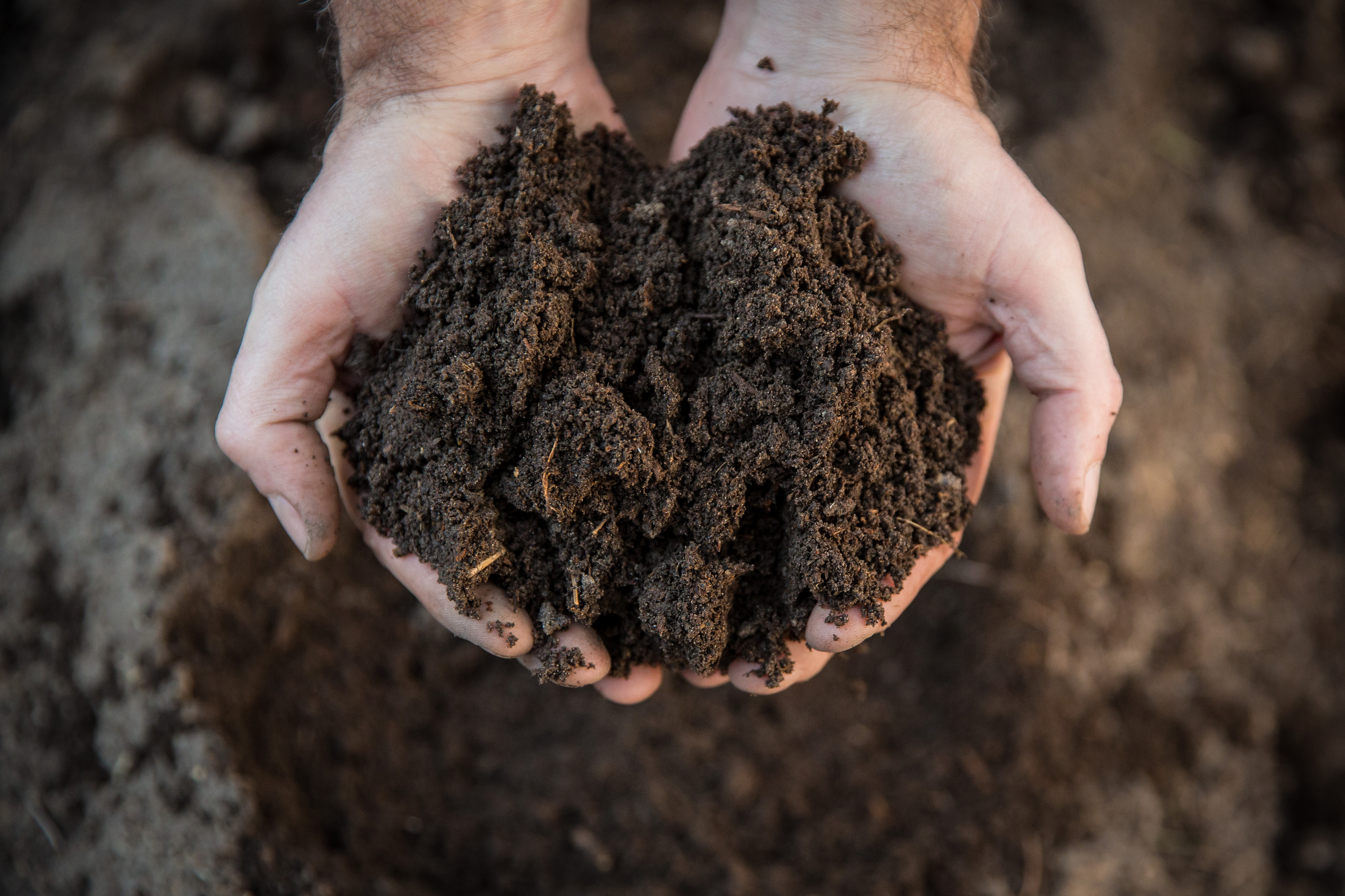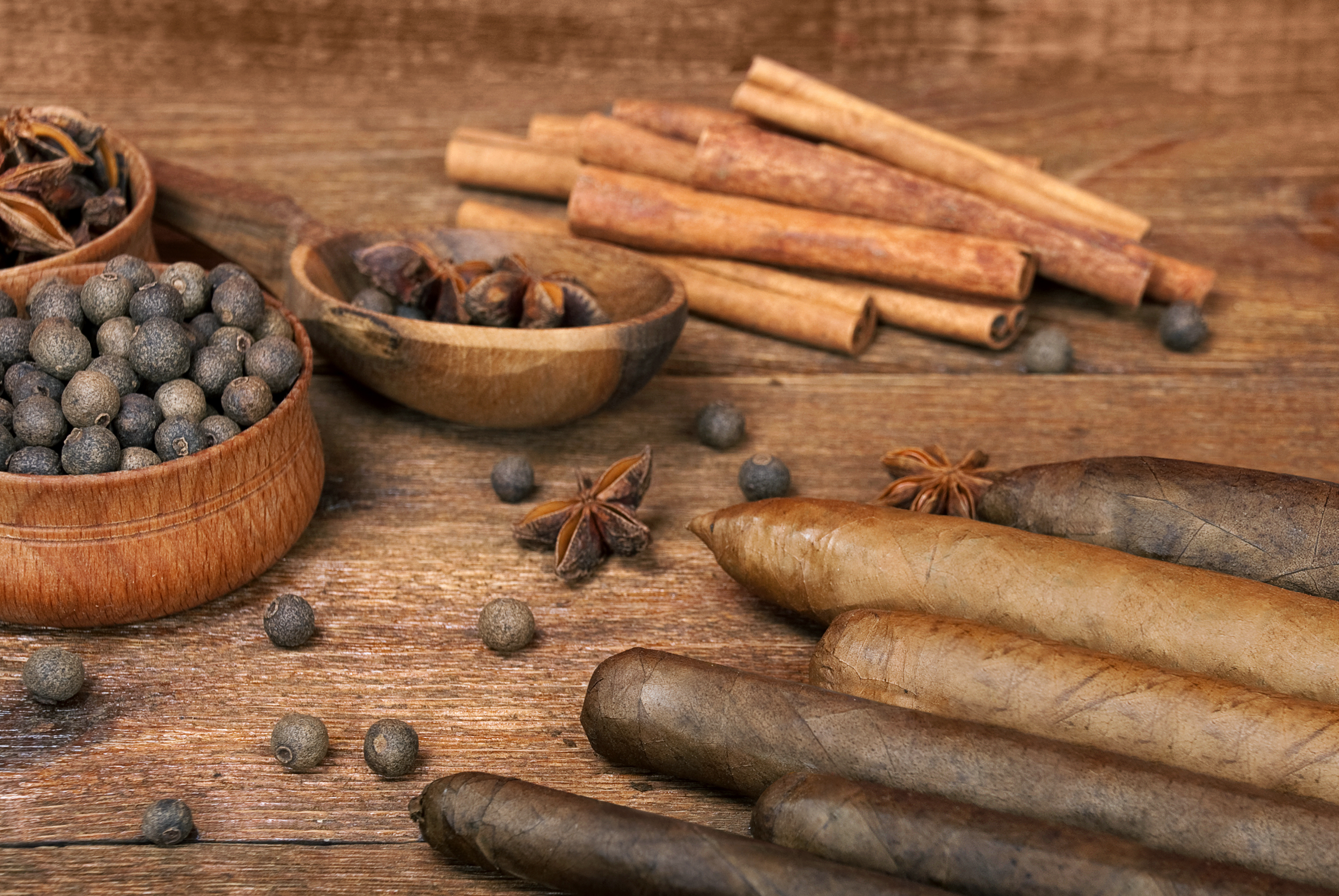Cigar 101: How Soil Affects Cigar Flavours
From Cohiba cigars to Bolivars, when you are enjoying a cigar, you expect it to have particular elements, from fantastic burning to deep flavours. However, there are a number of factors that can affect the flavours of your cigar. We have previously had a brief look at the ways in which soil can affect your cigar flavours but, in this article, we shall delve into the different growing regions and how their soil has a unique impact on the tobacco leaves they produce.
How Tobacco is Grown
Firstly, we must take a look at the tobacco growing process to understand how soil can affect cigar flavours. While growing tobacco is not too complicated, getting consistent flavours from the leaves can be less simple. The tobacco plant is hardy, so it can withstand a variety of conditions; however, the plant can easily take on different properties due to the way it is grown. While it can withstand different conditions, the tobacco plant does best in a warm and dry climate as too much rain and cold conditions can damage the plant and the leaves.Properties of Soil
There are many different elements within the soil that can have a huge impact on the flavour of the tobacco, and the quantities of these elements can vary greatly from region to region. These elements may include:- Iron – the iron in soil can affect the aroma of the tobacco. If there is a high iron content, the tobacco grown will have a stronger aroma compared to others.
- Calcium and Magnesium – it is the ratio of calcium to magnesium that determines the sweetness. If there is more calcium than magnesium in the soil, you are likely to experience a sweeter smoke.
- Nitrogen – nitrogen plays a key role in the strength of the cigar. Nitrogen is found in nicotine, so the more nitrogen in the soil, the greater the strength of the nicotine.

The Growing Regions
Typically, tobacco and cigars are associated with The Americas, specifically countries such as Cuba, Nicaragua and Dominican Republic. These regions provide the perfect growing conditions of dry and hot weather, so are ideal for growing tobacco to be used in cigars. There are, of course, many other countries that grow tobacco, and some that may grow specific leaves for particular uses, such as the cigar wrappers grown in the United States. However, despite other countries producing plenty of high-quality tobacco, it is still widely associated with Central and South America.- Cuba – the soil in Cuba often has a high iron content, so it is common for Cuban-grown cigars to have a strong aroma. However, the different growing regions within the country can vary so dramatically in the makeup of the soil that flavours can be wildly different between brands.
- Dominican Republic – the soil in the Dominican Republic is known for being rich in nutrients, producing rich and smooth flavours in the tobacco leaves harvested.
- Nicaragua – the climate in Nicaragua provides the perfect conditions for growing tobacco due to the high levels of humidity. Tobacco grown in Nicaragua tends to have powerful, spicy flavours.
Cigar Flavours
Cigars can hold a huge range of flavours, all influenced by elements such as soil. These flavours can include:- Plant-based flavours – grass, cedar, tea and moss included
- Herbs and spices – cardamom, pepper, cinnamon and clove can all be tasted in cigars
- Fruits – citrus, orange zest, currant and plum can give a unique flavour
- Nuts – almond, cashew, peanut and walnut can be detected in some cigars
- Other flavours – chocolate, coffee, caramel and leather can make up the flavours in a cigar




